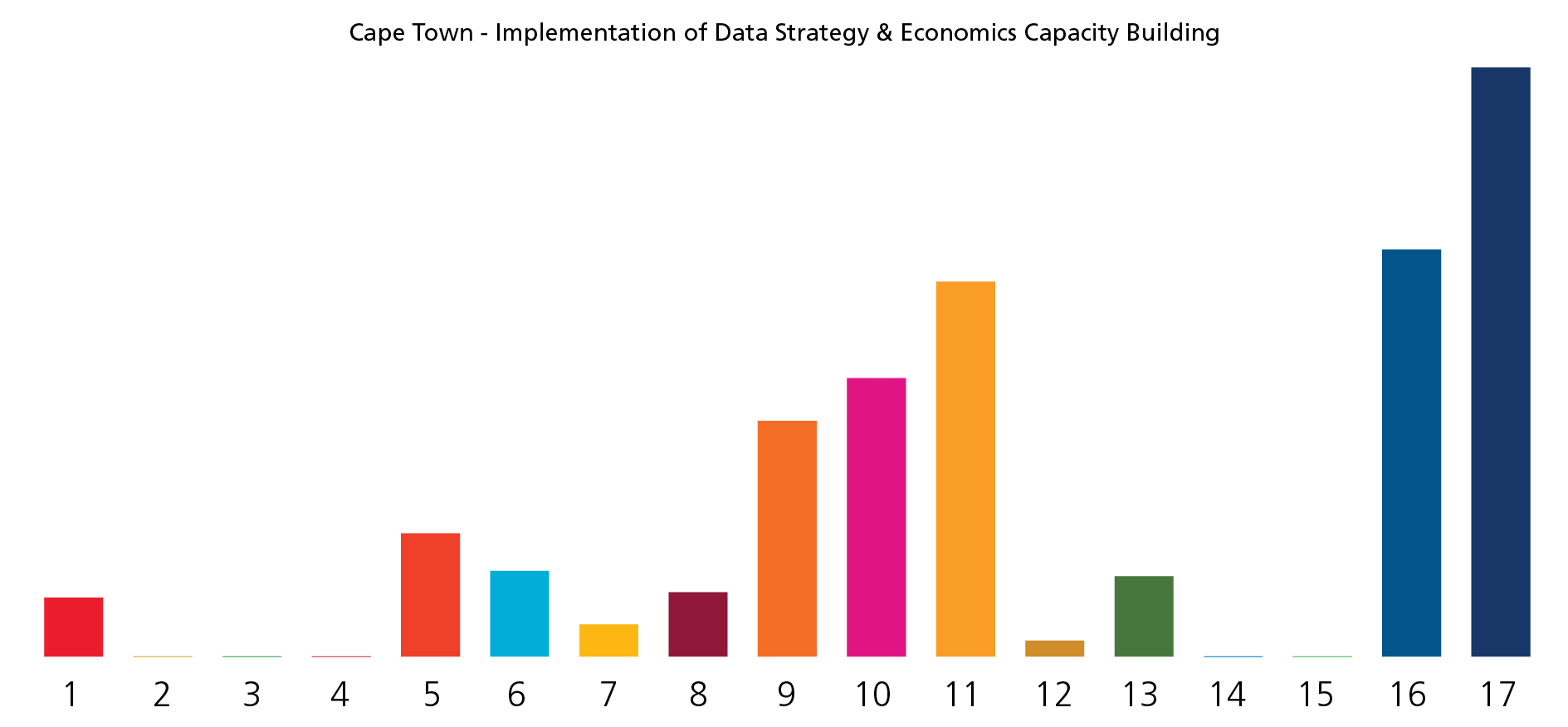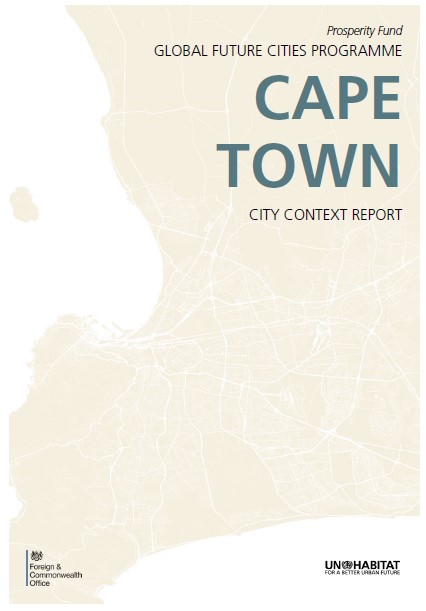Cape Town is the legislative capital of South Africa, hosting the Parliament, with a population currently estimated at 4,430,367, and an average annual population growth of 2.4 per cent. Like many South African cities, Cape Town is characterised by low urban densities of 1,629 people per square kilometre, and a net density of 17 dwelling units per hectare.
Although a report compiled by the United Nations found that Cape Town is the most equal city in South Africa, like other cities in the country the city is struggling to deal with its apartheid spatial legacy, which is characterised by high levels of unemployment and highly inefficient urban form. By the 1950s, Apartheid forced black and coloured residents to move into segregated dormitory townships on the periphery of the city and this became the main driver of the city’s spatial form. Densities decreased and the city saw a rapid sprawl, which persisted in the post- Apartheid era.
The city has a high environmental profile but increasing urbanisation and climate change make it extremely vulnerable. More frequent and intense extreme weather events happened in the city during the last decade, especially related with flooding and severe draughts.
The overall objective of the Technical Assistance (TA) intervention is to deliver Technical assistance to the City of Cape Town develop a data environment. This enables ongoing evidence building and analysis for improved decision-making support, both strategic and operational.
The project has two complementary workstreams focused on the same output, namely creating sustainable methodologies, tools and research that will enable the City to make better evidence-based decision making. The first workstream, "Data Activities", will provide technical assistance to help with the City’s rollout of its data strategy, across six pillars; whilst the second workstream, "Economics Activities" seeks to build methodologies, tools and capacity to improve the use of economics for evidence-based decision making.
This tailormade sheet aims to demonstrate how the SDG Project Assessment Tool's General Framework has been tailored to the project in Cape Town, South Africa. It highlights how the project includes the priorities within the Sustainable Development Goals, and the different principles that were selected for this project. As this sheet has been tailored to the project's scope and needs, the performance criteria has been selected in consultation with the partners of the Programme.

Cape Town is the most congested city in South Africa, with long travel daily commutes, and low accessibility to jobs by poorer communities
In 2018 the city suffered the most severe water crisis, due to a extreme drought that caused water shortages and economic losses.
53% of all traffic is dominated by private car, and only 38% by public transport.

The Cape Town City Context Report is part of a series of reports provided for each city of the Global Future Cities Programme, serving as a tool to frame the proposed Programme interventions within the characteristics and conditions of each city. The City Context Report provides a general analysis of the spatial, financial, and legal conditions in the city, followed by potential impact of the interventions, and a set of evidence-based recommendations for successful implementation and maximised benefits. In Cape Town, the project identified is to supporting the Implementation of the City of Cape Town’s Data Strategy.

